Special Forces Day
26 February 2015 of the year Russian President Vladimir Putin signed a decree introducing the Day of Special Operations Forces. As date, February 27 was not chosen by chance. It was on this day of February 27 that the Russian special forces entered the territory of the Autonomous Republic of Crimea and ensured the protection of the population of the peninsula and the safe conduct of a referendum on the entry of Crimea and Sevastopol into the Russian Federation.
The Russian special forces in the Crimea behaved so tactfully and correctly in relation to the local population, the press and the Ukrainian military that the journalists immediately called them "polite people." Since that time, the epithet "polite people" forever attached to the fighters of the Russian Special Operations Forces. And today, "polite people" celebrate their professional holiday.
Until the end of the 2000, there were no separate special operations forces in the Russian army. Separately, there were special units of the GRU of the General Staff, the Airborne Forces. Meanwhile, the growth of terrorist activity and the number of local wars demanded from the army a certain modernization in terms of the tasks to be performed.
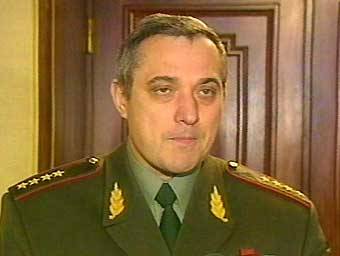
One of the first to think about the need to create such forces was Army General Anatoly Kvashnin, in 1997-2004. who held the post of Chief of the General Staff of the Armed Forces of the Russian Federation. At that time, there were military operations in the Chechen Republic, which revealed the need for large-scale modernization of individual forces and means of the Russian army for the needs of local wars and conflicts.
On the initiative of Kvashnin, a Training Center was established, which became part of the Main Intelligence Directorate of the General Staff of the RF Armed Forces. The “backbone” of the center was made up of officers and fighters of the 16 and 22 of the separate GRU GSh special purpose brigades. In the same year, 1999 center units were deployed in Chechnya. The emblem of the center has become a sunflower. This plant was depicted on the center chevron until it was renamed the center “Senezh”.
On the territory of the Chechen Republic, the fighters of the center solved the tasks of exploring, searching and destroying enemy bases, eliminating terrorists. In the course of their activities, they interacted with the special forces of the Federal Security Service and the Interior Ministry of the Russian Federation, other military special forces. At the same time, the strengthening and development of the center itself and the improvement of personnel training continued. As part of the center deployed five areas - airborne, assault, mountain, sea and the protection of high-ranking officials in combat zones. The center began to select officers and ensigns not only from the special forces of the GRU and the Airborne Forces, but also from other branches of the military, up to the communications troops, since the center required specialists of very different profiles.
Throughout the 2000s, the center has been addressing a number of critical tasks in the fight against terrorism and protecting Russia's national interests not only in the North Caucasus, but also in other regions of the world. However, while the military prefer not to talk about it. But certain disadvantages were revealed. Thus, the lack of centralized management created serious problems. The head of the center was supposed to go to the chief of the GRU, that one to the chief of the General Staff, and the latter had already given instructions, for example, to the Air Force commander aviation. Accordingly, such a “sophisticated” system significantly reduced the efficiency of the center, influenced the effectiveness of its operations.
15 February 2007 was appointed Anatoly Serdyukov as Minister of Defense of the Russian Federation. Although, in general, his work as head of the Russian defense ministry is strongly criticized by many military, it is worth noting that it was during the years of the Serdyukov ministry that the Special Operations Forces of Russia were officially established.
First, Serdyukov subordinated the Senezh Center directly to the Chief of the General Staff of the Armed Forces. After that, the special training center was renamed the Special Operations Center of the Ministry of Defense of the Russian Federation. By order of Serdyukov, the Center was allocated a military transport squadron Il-76, and then a helicopter squadron from the 344-th Center for Combat Use of Army Aviation. In 2009, the Office of Special Operations was created, subordinated personally to the Chief of the General Staff of the Russian Armed Forces.
The next stage in the development of the Special Operations Forces of Russia was associated with the arrival in the Ministry of Defense of the Russian Federation from the Federal Security Service Lieutenant General Alexander Miroshnichenko, a veteran and commander of the Alpha group. He brought to the life of the Center for Special Operations new methods of training, drew a number of Alpha officers, who were transferred to the Ministry of Defense from the FSB.
In 2012, the then Chief of the General Staff of the Russian Armed Forces, General Nikolai Makarov, reorganized the Office of Special Operations into the Command of Special Operations Forces (FSS). As part of the KSSO planned to deploy nine special forces brigades. However, in 2013, the new Chief of General Staff, General Valery Gerasimov, announced the creation of the Special Operations Forces of Russia.
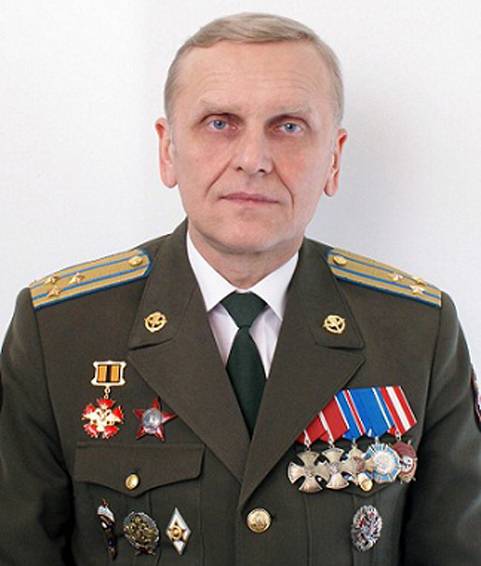 Colonel Oleg Viktorovich Martyanov, a native of the GRU special forces, was appointed the first commander of the Special Operations Forces of Russia. Oleg Martyanov, a graduate of the Ryazan Higher Airborne School, has served in the GRU special forces since 1982, fought in Afghanistan, where he commanded a group and then a special forces company in the 154 separate special forces detachment. After graduating from the Military Academy. M.V. Frunze commanded a special forces detachment, was the head of the operations department and the chief of staff in separate special forces brigades, participated in counter-terrorism operations in the North Caucasus, for which he received the Order of Courage.
Colonel Oleg Viktorovich Martyanov, a native of the GRU special forces, was appointed the first commander of the Special Operations Forces of Russia. Oleg Martyanov, a graduate of the Ryazan Higher Airborne School, has served in the GRU special forces since 1982, fought in Afghanistan, where he commanded a group and then a special forces company in the 154 separate special forces detachment. After graduating from the Military Academy. M.V. Frunze commanded a special forces detachment, was the head of the operations department and the chief of staff in separate special forces brigades, participated in counter-terrorism operations in the North Caucasus, for which he received the Order of Courage. Oleg Martyanov made a very significant contribution to the further development and strengthening of the Special Operations Forces of Russia. Unlike the Airborne Forces, the Marine Corps, and even the GRU special forces, it was decided to equip the Special Operations Forces exclusively with contract servicemen, since the MTR was supposed to be used to protect the interests of the Russian state around the world and in a variety of situations. The main personnel of the MTR were immigrants from the special forces of the GRU and the Airborne Forces, but a serious difference of the new structure was that it included many officers from the special forces of the FSB, which used to be an extremely rare occurrence - usually “army men” went to the security organs, and not vice versa.
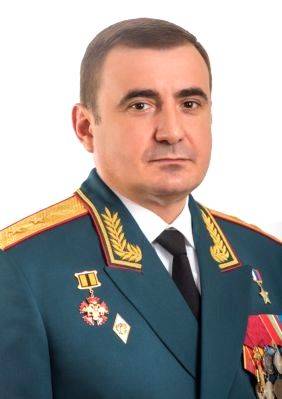
So, in 2014, the new commander of the Special Operations Forces became Major General Alexey Dyumin. A graduate of the Voronezh Higher Military Engineering School of Radio Electronics, Dyumin began serving in special communications units; in 1999, he joined the Presidential Security Service. He worked in the personal protection of Vladimir Putin, was the head of the protection of the chairman of the Government of the Russian Federation, Viktor Zubkov, and personal aide to Putin when Vladimir Vladimirovich was head of the government.
In 2012, Dyumin took the position of deputy head of the Security Service Directorate of the President of the Russian Federal Security Service of Russia. However, in 2014, the president made an extraordinary decision - he transferred 42-year-old Dyumin, who had worked all his life in the system of presidential and government security, from the Federal Guard Service to the Russian Ministry of Defense, to the post of deputy chief of the General Intelligence Directorate of the General Staff - Commander of Special Operations Forces.
It was Alexey Dyumin who commanded the Special Operations Forces in their “high point” - in the spring of 2014, when “polite people” ensured the safety of the reunification of Crimea with Russia. The entry of the Crimea into the Russian Federation instantly made the SSO known throughout the country and attracted the attention of the domestic and foreign press to them. And then it turned out that, apart from the Crimea, the SSO still has many good deeds. For example, the fighters of the Special Operations Forces participated in the fight against Somali pirates in the Gulf of Aden, in the fight against terrorists in the North Caucasus.
In 2015, Alexey Dyumin was promoted - he became Chief of the General Staff of the Ground Forces of the Russian Armed Forces, and then Deputy Minister of Defense of the Russian Federation. Since 22 September 2016, the Hero of Russia, Lieutenant General Alexey Dyumin is the governor of the Tula region.
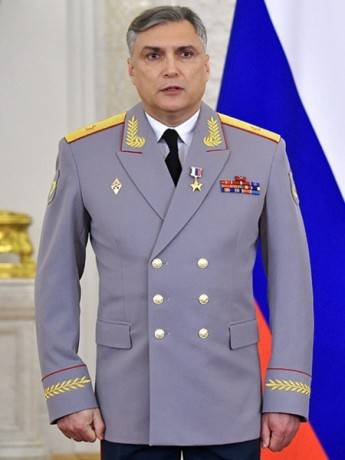 Alexander Matovnikov replaced Alexander Dumin as commander of MTR Dyumin in 2015. He also came from the special services - in 1986, he graduated from the Higher Border Military-Political School of the KGB of the USSR, after which he served in the Alpha group for almost thirty years.
Alexander Matovnikov replaced Alexander Dumin as commander of MTR Dyumin in 2015. He also came from the special services - in 1986, he graduated from the Higher Border Military-Political School of the KGB of the USSR, after which he served in the Alpha group for almost thirty years. Matovnikov was one of those Alpha officers who was transferred to the Russian Ministry of Defense to strengthen the Special Operations Forces. And this was the right decision, since Alexander Matovnikov is a real combat officer, a participant in both Chechen wars, and a number of counter-terrorist operations, including the storming of the hospital in Budyonnovsk and Nord-Ost.
Since 2015, the MTR began to take an active part in the hostilities in Syria. The liberation of Aleppo and Palmyra is the work of courageous "polite people."
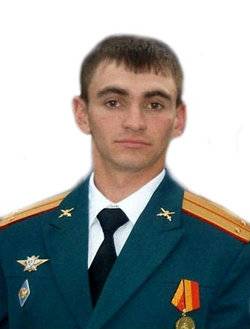 The MTR fighters showed not only excellent training, but also incredible personal courage, fighting in Syria with the militants of terrorist groups. Unfortunately, it was not without losses. For example, senior lieutenant Alexander Prokhorenko (1990-2016), a graduate of the Military Academy of air defense, who served as an advanced aircraft manufacturer, died in Syria. Being surrounded by militants, Prokhorenko did not give up, but led the battle to the last, and then caused an airstrike on himself.
The MTR fighters showed not only excellent training, but also incredible personal courage, fighting in Syria with the militants of terrorist groups. Unfortunately, it was not without losses. For example, senior lieutenant Alexander Prokhorenko (1990-2016), a graduate of the Military Academy of air defense, who served as an advanced aircraft manufacturer, died in Syria. Being surrounded by militants, Prokhorenko did not give up, but led the battle to the last, and then caused an airstrike on himself. Several servicemen of the Special Operations Forces for the courage shown in Syria were presented to the highest award of the Russian Federation - the title of Hero of Russia. Among them is the corporal Denis Portnyagin, who was part of the group of special forces - aircraft gunners. 16 August 2017, near the town of Akerbat, a group of aircraft gunners attacked the gunmen, and Corporal Portnyagin, after injuring the commander, took command of the group and caused the fire of aviation and artillery. But fate turned out to be favorable to the corporal - the Portnyagin group waited for the approach of the cover group and was able to leave the combat area.
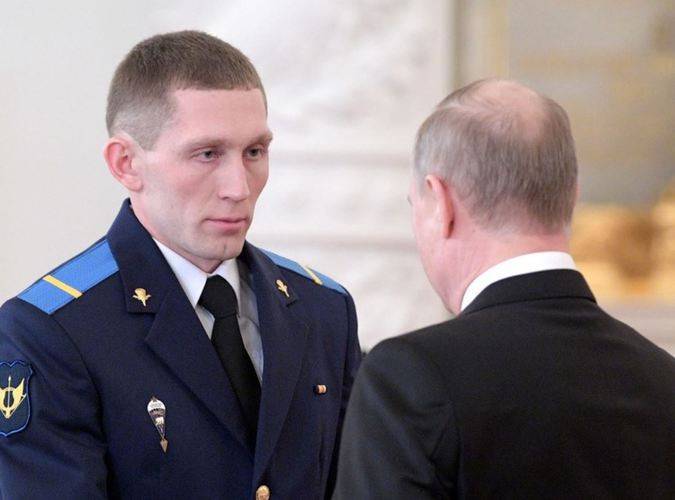
Colonel Vadim Baykulov, a graduate of the Ryazan Higher Airborne Command School, who served in the “hot spots” in the North Caucasus and commanded the 370-th separate special-purpose squad of the 16-th separate special brigade received the Golden Star "for Syria" Gru.
As we can see, the Special Operations Forces have their heroes, their losses, their glorious combat history. Five years have passed since the "polite people" got all-Russian and world-wide fame. And for four years there has been a professional holiday - the Day of the Special Operations Forces of Russia. The time is short, but even these few years are a lifetime for real warriors from the SSO. These are operations in the Caucasian mountains and deserts of Syria, this is a fight against pirates in the distant southern seas and a difficult and daily combat training. Even now, despite the relative short duration of existence, the Special Operations Forces can be called among the most elite components of the Russian Armed Forces.
"Military Review" congratulates military personnel of the Special Operations Forces and those who have already completed service in the MTR on their professional holiday. All the best to you, polite people!
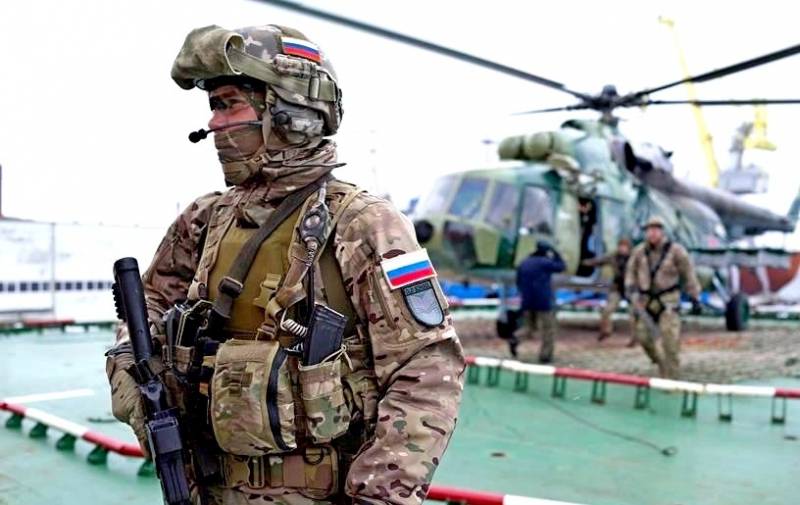
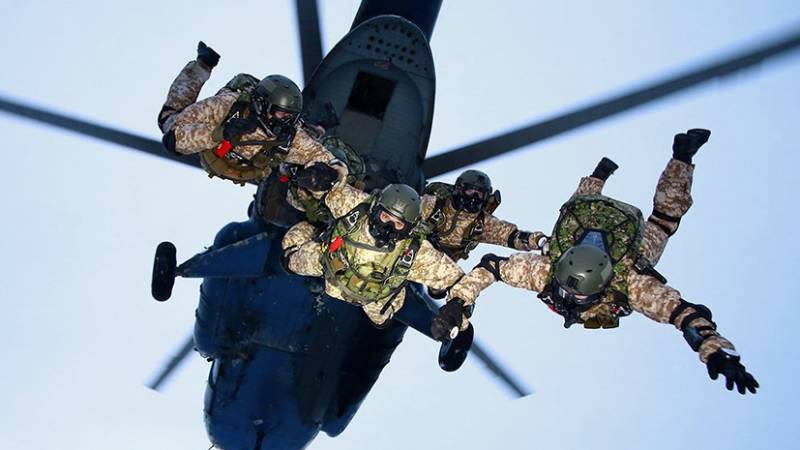
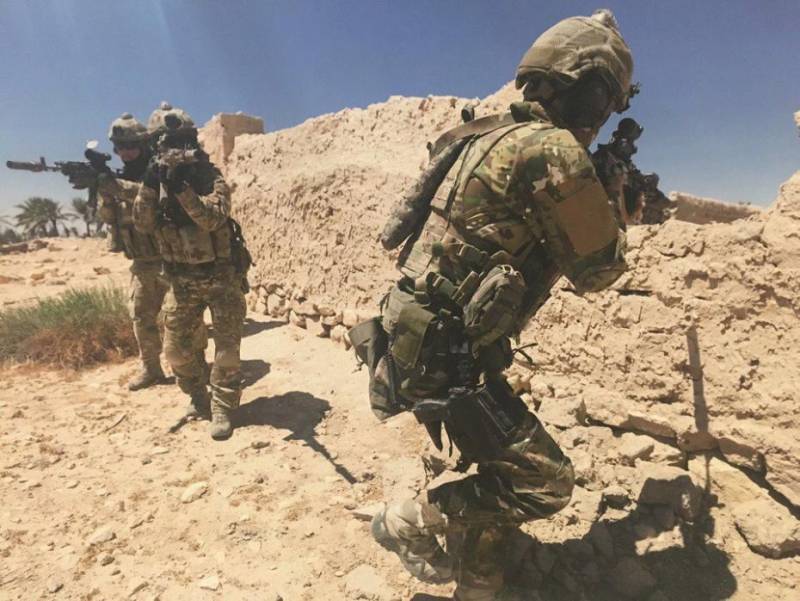
Information